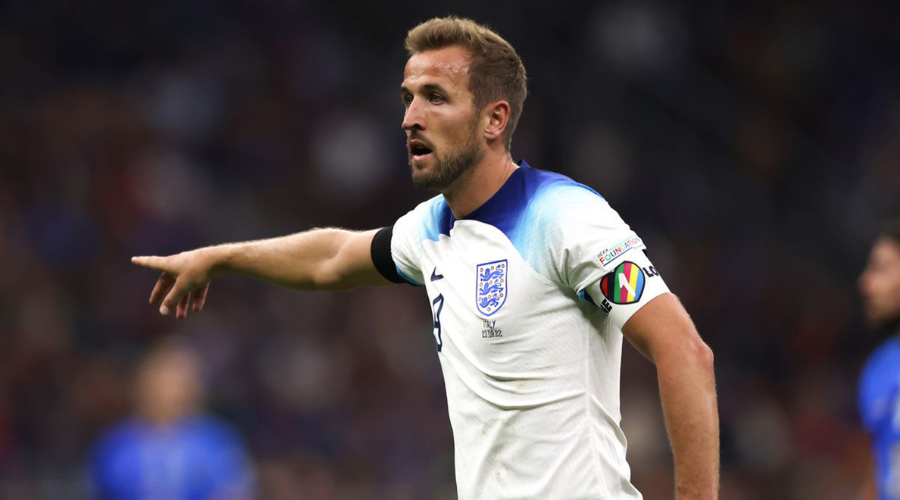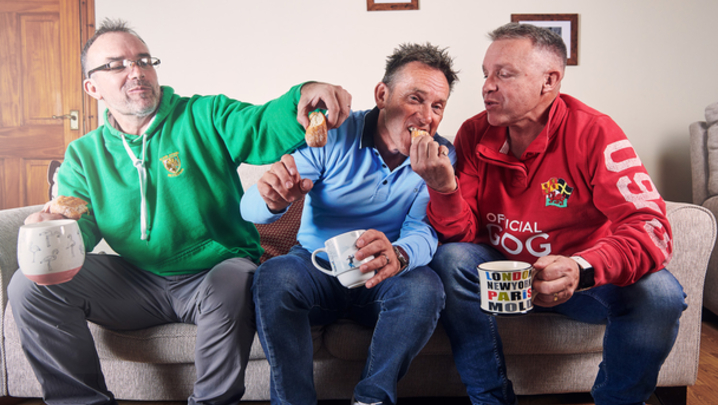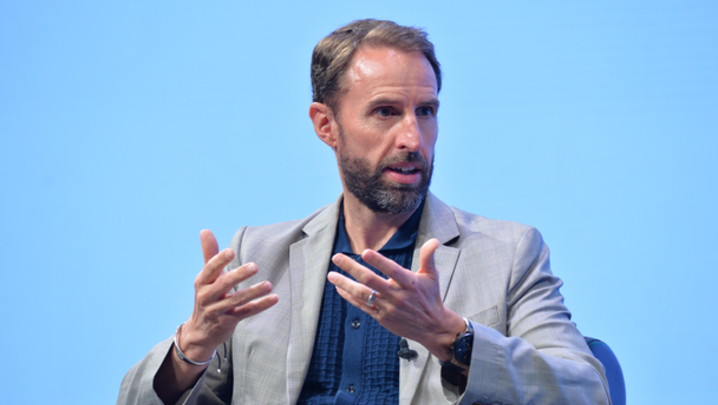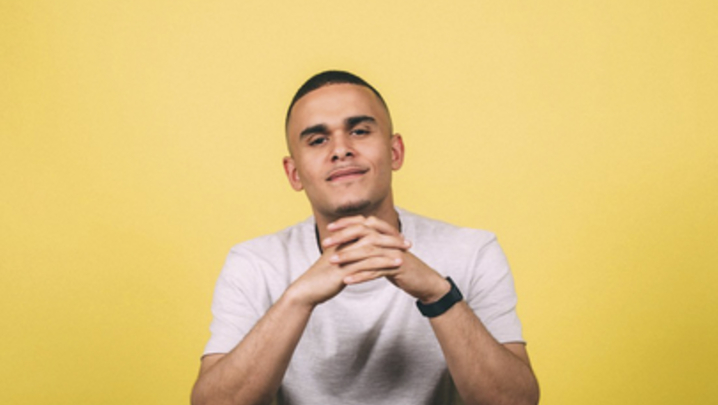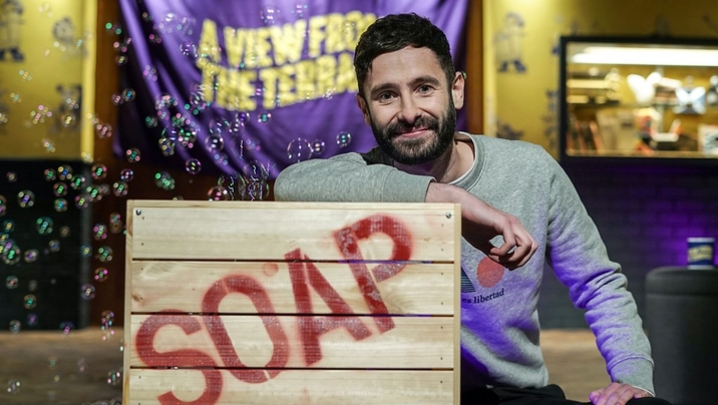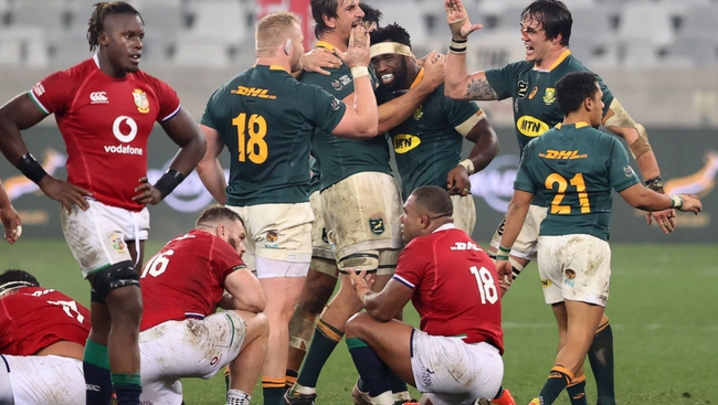Millions of UK fans will watch the World Cup on TV despite its oppressive host, Qatar. Matthew Bell looks at what they can expect to see.
First Russia in 2018 and now Qatar: the World Cup appears to be on a tour of the world’s least savoury destinations. There has been widespread condemnation of the exploitation and deaths of migrant construction workers – thought to number several thousand – in building new stadiums for the tournament and other major projects, and of Qatar’s criminalisation of same-sex sexual activity and severe restrictions on women’s rights.
As many critics, from inside and outside football, have pointed out, the beautiful game has turned ugly. And, as I write, a Qatar World Cup ambassador has caused outrage by describing homosexuality as “damage in the mind”.
But this is football, and so the show must go on. Despite their reservations, millions of fans from around the world – me included – are going to be glued to their TV sets for the next month.
For broadcasters, which means the BBC and ITV in the UK, Qatar offers some tricky challenges.
World Cups are generally played in June and July, but the extreme summer heat of Qatar made a move to winter inevitable. Domestic professional leagues grumbled at the interruption to their seasons and some threatened legal action, but the World Cup bandwagon rolled on.
“It goes out at a time when, in television terms, there are a lot of other big entertainment hits around,” admits Philip Bernie, head of TV at BBC Sport. “Clearly, there’s a degree of reliance on the progression of the home teams, England and Wales, [as] to just how big it gets but, irrespective of that, there are large audiences for these big football tournaments, and we fully expect that to be the case here.”
Niall Sloane, ITV director of sport, says: “The World Cup is the biggest sporting event of the year and ITV is committed to [bringing] viewers the very best, extensive coverage.”
This World Cup, explains Bernie, will see “unprecedented and very welcome collaboration between the BBC and ITV…. We’re both using the same stadiums, so it makes an awful lot of economic… and practical sense to share technology. We’ve got a very good relationship with our colleagues in ITV; of course, there’s proper rivalry when the tournament starts.”
As it has since the 2002 World Cup in Japan and South Korea, Host Broadcast Services will deliver sound and images from games. The BBC and ITV will take its live match feeds, adding their own commentary and punditry.
“We’re splitting the operation in a way we’ve never done before, between Salford and Qatar,” explains Bernie, who is flying out to Qatar shortly before the tournament starts. “The presenting team, with some support from production, will be out in Doha; the back engine in Salford.”
Remote production is growing rapidly in televised sport, driven by technological advances and by broadcasters attempting to “green” their activities. “We are all trying to play our part in [developing] more sustainable production,” says Bernie. “There are clearly now ways that you can do a very large part of production remotely.”
Nevertheless, the BBC has no plans to keep its on-screen talent, the presenters and pundits, or commentators at home. TV audiences, says Bernie, want “to savour the atmosphere and flavour of the tournament and that is best achieved if the key people involved in broadcasting it are right in the middle of [the action]…. Commentators need to be seeing the field of play.”
Yet the condemnation of Qatar as World Cup host continues. Even former Fifa boss Sepp Blatter has admitted that the award was “a mistake”.
Players and supporters are also showing their disapproval. Denmark’s kits include an all-black shirt to honour migrant workers who died building the tournament’s stadiums, while Harry Kane is one of several European team captains planning to wear a “one love” armband to protest against LGBT+ discrimination. In Germany, Borussia Dortmund, Bayern Munich and Hertha Berlin fans held up “Boycott Qatar 2022” banners at recent Bundesliga matches.
If there are similar protests in and outside stadiums in Qatar, how will the UK’s broadcasters react?
An ITV spokesman says: “Our journalism will be robustly independent. ITV’s World Cup… coverage will focus on the football but will not shy away from controversies off the pitch.”
The BBC’s Bernie says there has already been “considerable coverage” of “workers’ rights, as well as the treatment of women and diverse communities [including] LGBT+ [people]”.
He continues: “The BBC does not have a role in deciding where an event should be staged, but we have a proven record of addressing topical issues as part of our coverage… and this World Cup will be no different.
“If something happens in the stands, if stuff is seen, we aren’t going to shy away from it…. If there are stories off the pitch that need to be dealt with in a proper journalistic manner, of course we’ll deal with those stories as well.”
The World Cup on the box
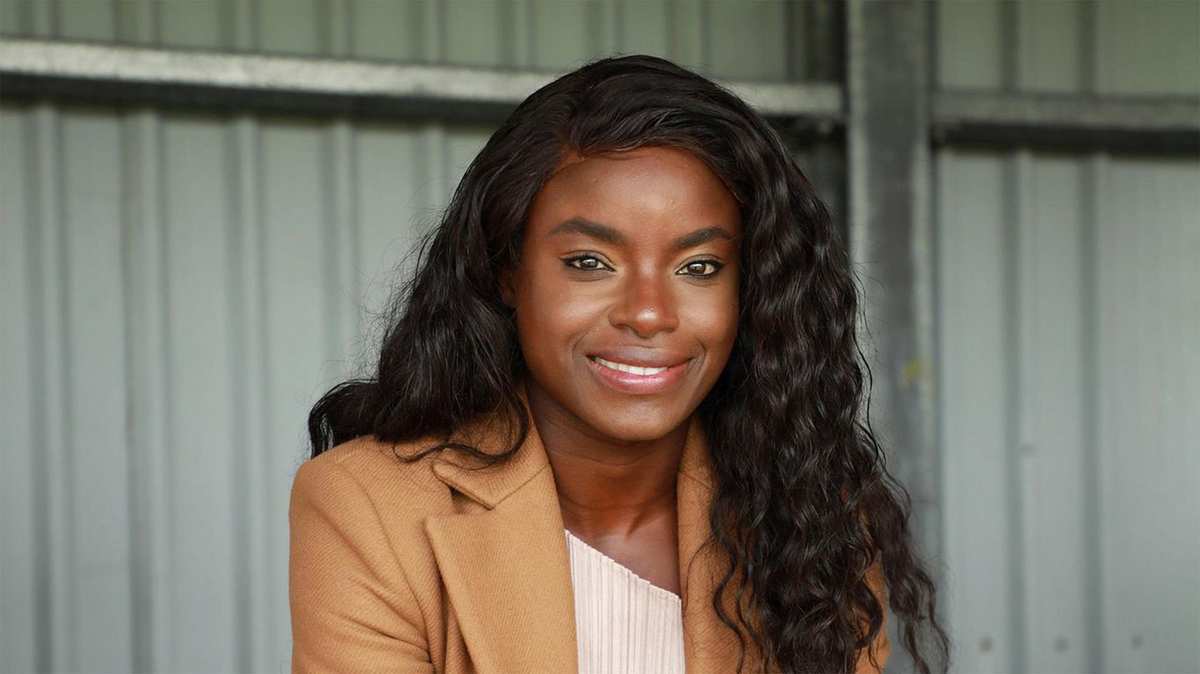
For ITV and the BBC, the World Cup is a marathon, not a sprint. Between them, they will broadcast 63 matches live up to the 64th, the final, on 18 December, which they will share. But which broadcaster promises the best coverage?
Since the days of Brian Moore, Barry Davies and John Motson, commentators have become a rather faceless bunch. Both ITV and BBC offer solid professionalism; expect a score draw.
ITV’s roster of pundits mixes the pugnacious, Roy Keane and Graeme Souness, with the erudite, Gary Neville, and an encouraging number of women, Karen Carney, Eni Aluko and Nadia Nadim, as well as the inimitable Ian ‘Wrighty’ Wright’. Mark Pougatch is the dependable main presenter.
Co-commentators include the excellent Ally McCoist and Lee Dixon. Former players Hal Robson-Kanu and John Hartson will be involved on Wales match days, though the international punditry bench – just former Paris Saint-Germain player (and medical doctor) Nadim and former Dutch midfield enforcer Nigel De Jong – seems a little under-populated.
The BBC, whose coverage is fronted by pun-tastic national treasure Gary Lineker, has the opening game on 20 November, Qatar vs Ecuador; perhaps one for the cognoscenti.
As with ITV, its pundits are familiar and include Alan Shearer, the ever-enthusiastic Micah Richards, Rio Ferdinand and, following Wales, Ashley Williams, Ian Rush and Danny Gabbidon. Jürgen Klinsmann, Gilberto Silva and Vincent Kompany are just some of the international experts.
ITV will be eyeing up the advertising revenue for England’s group game against the US on 25 November in a prime-time 7:00pm slot. At last year’s Euros, England’s semi-final against Denmark drew a peak audience of 27.6 million.

